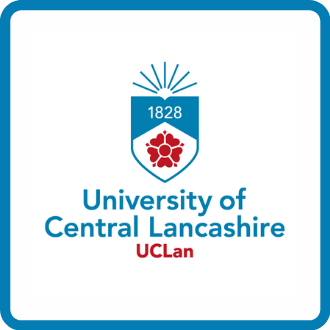 The University of Central Lancashire are proud to promote their courses in Community Leadership. Following the pandemic, the advancement of community leaders, supporting the development of local communities has never been so important.
The University of Central Lancashire are proud to promote their courses in Community Leadership. Following the pandemic, the advancement of community leaders, supporting the development of local communities has never been so important.
The courses are designed to allow those who may not necessarily have the correct qualifications to enrol on to a degree however have extensive experience in the field either through volunteering or working in the sector. The courses focus on developing individual skills, allowing them to make a lasting impact on their communities.
Heavily influenced by the Brazilian philosopher Paulo Freire, the courses intend to empower students to take control of their learning by creating a classroom environment which is mutual and collaborative. This is achieved by using a transformative framework where the students examine their own attitudes, values and beliefs. These beliefs are conceptualised and reconceptualised, equipping them to guide others to do the same. By focusing on practice-based learning, students are provided with professional experience in community action, mentoring and leading on community projects. The skills gained are highly transferable for further study, employment and life.
Additionally, there are also excellent opportunities for international, national, regional, and local networking, developing personal social capital which will serve to effectively enhance employability prospects.
Course available:
Foundation Degree in Community Leadership (2 Years Full Time, 3 Years Part time)
BA (Hons) Community Leadership (Top Up) (1 Year Full Time, 2 Years Part Time)
MA Community Leadership (2 Years Part Time)
Costs
Student finance is available for all programmes (based on eligibility). For more information click here
What can it lead to?
An academic qualification in community leadership provides you with an excellent and recognised foundation for a career in the field. Graduates will be ready to take on community leadership roles within the third sector, the public sector, governance and politics, and also within an international context.